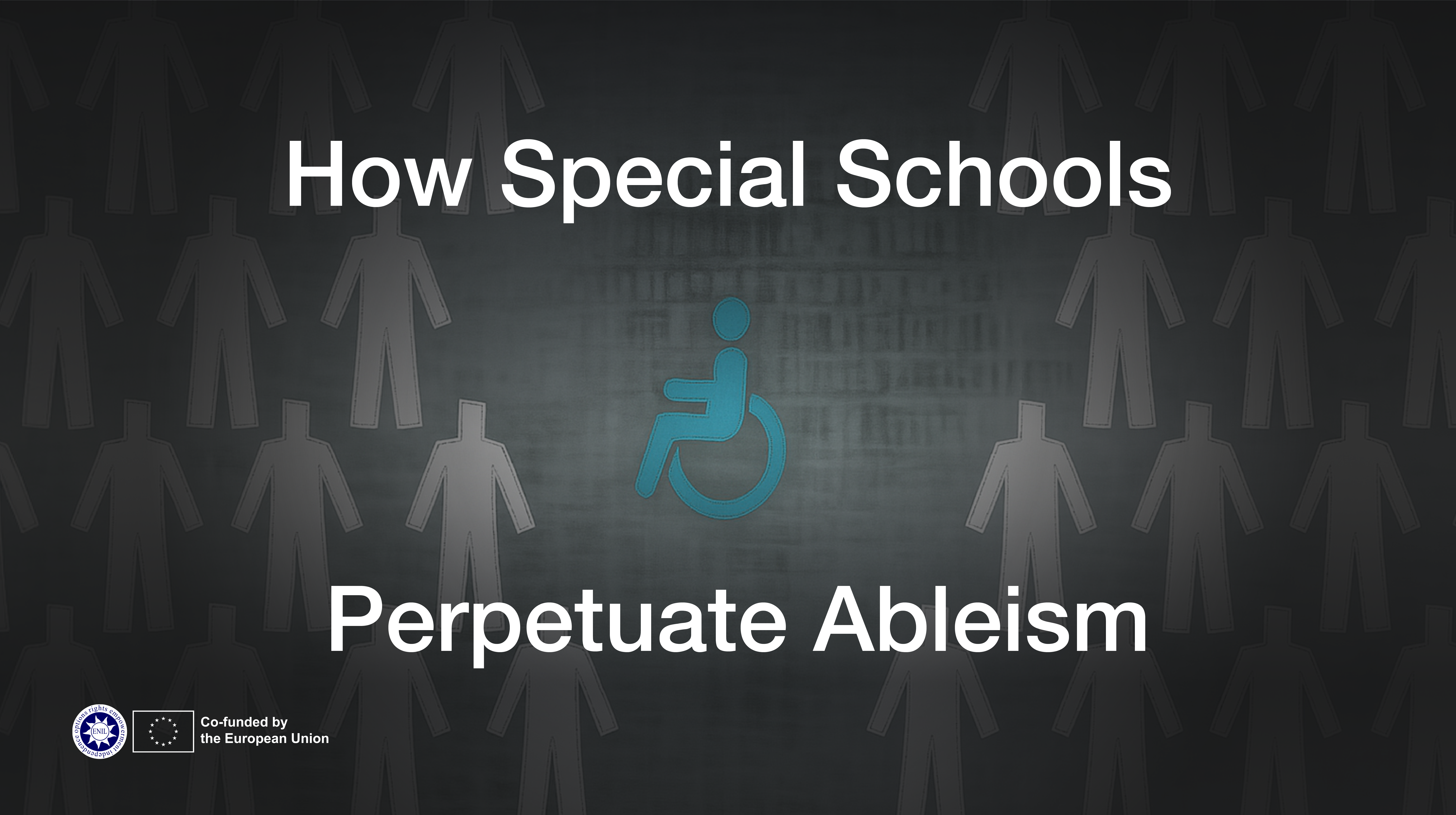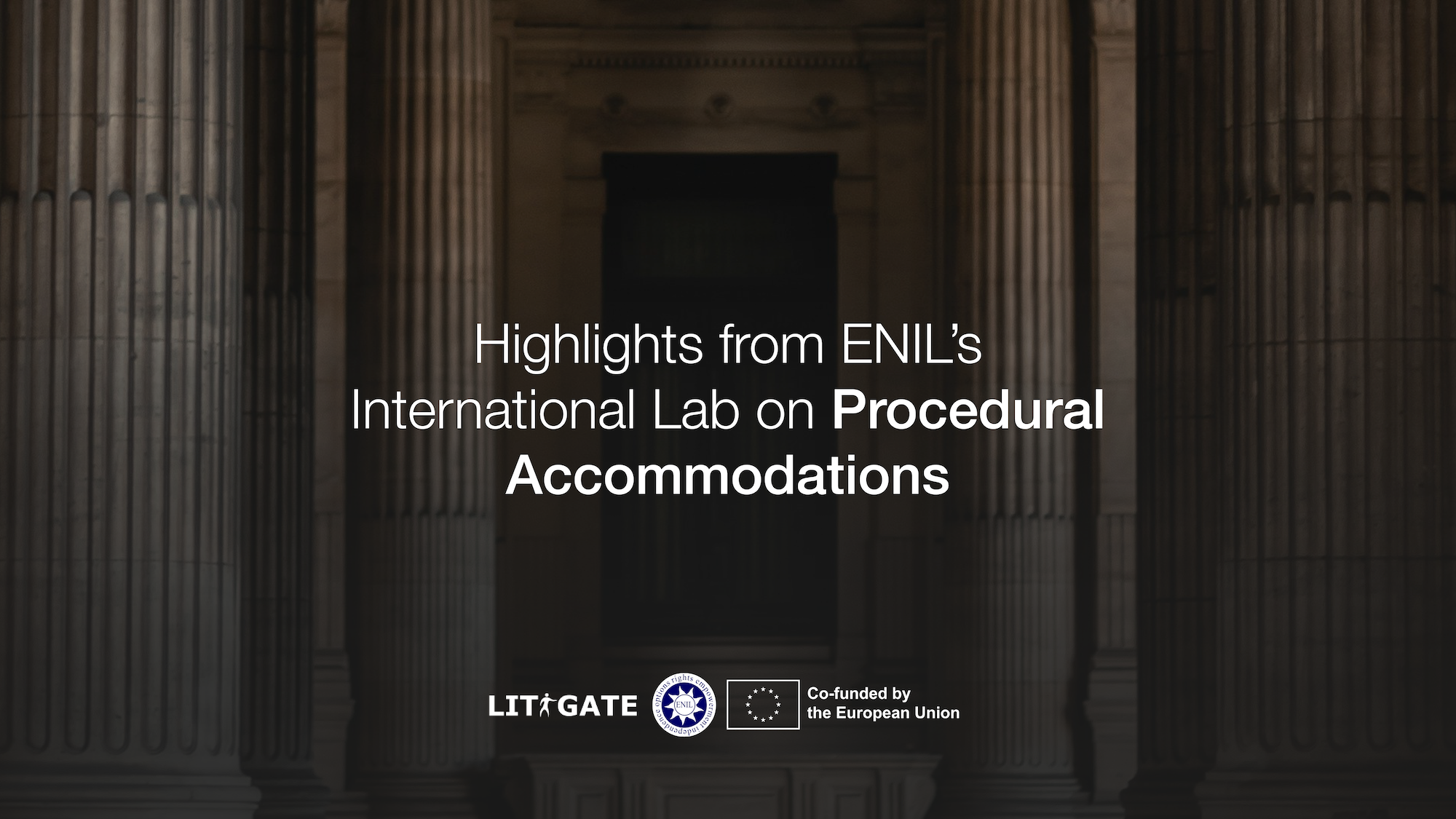On 25 – 26 October, the Spanish Federation of Independent Living (FEVI), in cooperation with ENIL, is organising the 2nd Congress on Independent Living. It will be held in Valencia, in English and Spanish, and broadcast online on the Congress website. This article provides some background to the conference, with information about the Independent Living organisations in Spain and the state of Independent Living.
FEVI, the main organiser of the Congress, is a network of organizations which promote Independent Living. It was born with the purpose of promoting policies and resources, so that any disabled person (referred to as ‘person with functional diversity’ in Spain) can have an independent life. Its aim was to provide support for and among disabled people to regain control of our lives, and to discredit harmful public policies and change them towards providing options for Independent Living.
FEVI’s activities are focused on developing know-how and resources for and among disabled people (such as basic information services and peer counselling) in the fields of law and policy, personal assistance and technical aids. FEVI also provides training in independent living skills (personal self-determination and self-management) and mediation (personal leadership skills and group perception). It helps develop skills that facilitate full participation in society and in services available in the community; at the same time, FEVI helps spread the Independent Living philosophy and raise society’s awareness about the rights of disabled people.
In Spain, to this day, many disabled people are unable to use regular transport, cannot access public and private buildings, cannot walk the streets, do not have an interpreter in sign language etc. To this day, many disabled people in Spain are confined in residential institutions, as part of a policy model that promotes segregation and that is perpetuated by allocating public money; despite the fact that public money going towards social services is very limited, and has been affected by austerity. Still, the funding goes towards the building of new residences, instead of developing independent living policies, personal assistance, provision of technological assistance, and housing within the community, overlooking the fact that Independent Living is not only a human right, but also more cost-efficient.
Personal assistance is mentioned and defined in a variety of Spanish laws. However, none of these laws or by-laws regulate it adequately with regard to labour or legal protection. This situation results in the poor availability of personal assistance in Spain, compared to some of the other European countries.
Currently, there are four Independent Living centers in Spain – OVIs, Barcelona, Galicia, Andalusia and Madrid – all of which have the same objectives, with different structures.
OVI of Barcelona has been formed by a group of users running the project “Towards Independent Living”, subsidized by the Barcelona City Council. The project is managed by its beneficiaries, in collaboration with the Municipal Institute for Persons with Disabilities.
OVI VIgalicia is part of the first association of users of personal assistance in Spain. After having the benefit recognized by law, they decided to come together to pool their resources. Each member self-manages their personal assistance and OVI provides administration services, advice, training, dissemination, etc.
OVI VIAndalucía was constituted in 2011 by a group of people with and without disabilities, with the objectives of promoting independent living, fighting discrimination and ensuring that disabled people of Andalucia are able to take control of their own lives.
Although the ratification of the UN Convention on the Rights of Persons with Disabilities by Spain has provided the legal and social framework to facilitate access to real Independent Living, there is still a long road ahead to attain the full respect of our rights.
For more information, please contact FEDERACIONVI@FEDERACIONVI.ORG, or visit https://federacionvi.org/


